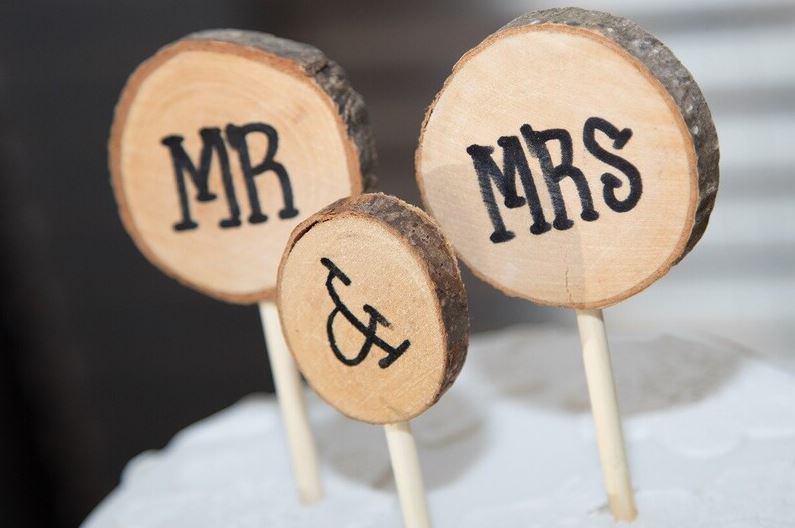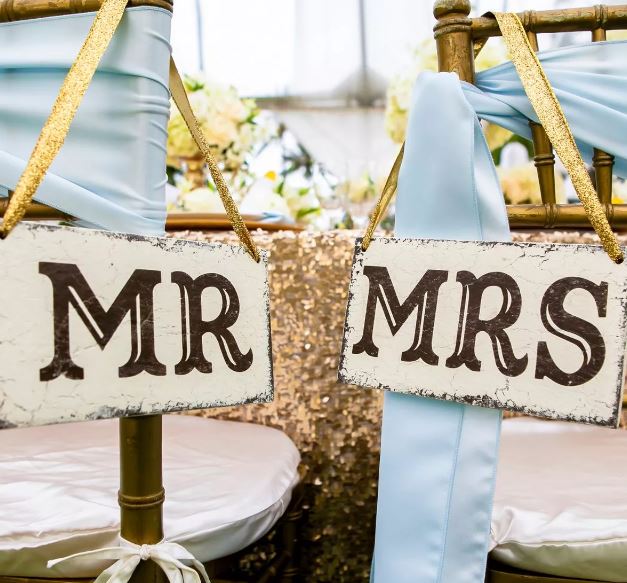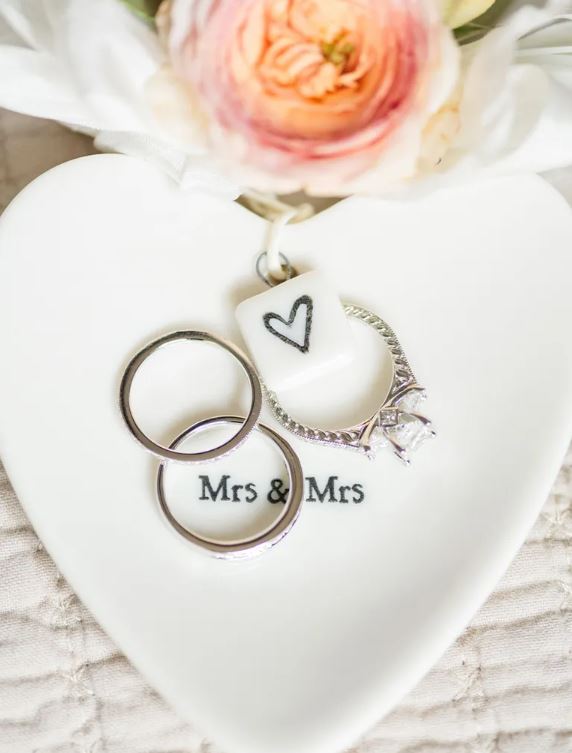What do Miss, Mrs, and Ms. stand for?
While adult men are addressed as Mr., irrespective of their marital status, women have the option to choose among Miss, Mrs., or Ms., depending on their marital status or personal preference.

Boys under the age of 18 may be addressed as either Master or Mr. However, the validity of these titles has sparked debate on social media. On Reddit, one user left viewers baffled after asking the question: Why do women have Ms., Miss, and Mrs. while men seem to only have Mr.?
Below the post, several users expressed their surprise as they admitted that they completely lacked knowledge about what Miss, Mrs, and Ms stand for. Meanwhile, others admitted that they often felt confused when using these three titles: Miss, Mrs, and Ms.
Why do women have the titles, "Mrs.","Miss", and "Ms." while men only have "Mr." ?

One user said: Obviously the letters are just abbreviations. Mr. = Mister/Master, Mrs. = Missus/Mistress. Ms is like a halfway between Mrs. and Miss., it can be used by anyone who doesn't want to give up her marital status in her title.
A second wrote: Because historically in Europe there were very different cultural rules for how women were to be treated based on their marriage status. So it was useful to have forms of address that denoted married vs unmarried status.
A third commented: So if I get it right, "Mrs" and "Ms." are the same thing, and the feminine equivalent of "Mr.", while Miss is used for someone younger and presumably not married. If so, we have the same thing in France, with a dedicated word "Mademoiselle" for a young woman. Technically, we have an equivalent for men, but it's never used, and would sound really medieval if you tried to actually use it.

Commenting on this revelation, other user reveal: It's an honorific. Miss and Mrs mean Mistress the male equivalent of Master. Ms came about in the 70s (iirc) as women tried to deviate from those honorifics. There is also sir/madam. It's not about age, it's about position. Miss is not in charge of a household, Mrs is. Because honorifics are about a job, not gender.
The reason that only Mr is around today is because Society got lazy (as we do). Honorifics would be a person's profession (if reputable) such as Doctor, Sergeant, Master, Honorable, Sir, and if a man was just a nobody it was just Mister (which literally means a man who has no honorific title) slowly as a society we started using honorifics only in formal settings. Sort of like how teachers have started transitioning to using first names.
TLDR: society got lazy and stopped using honorifics and just started calling everybody Mr, Mr basically means "a man without a reputable job"
Another added: Actually, Ms. IS the equivalent of Mr., in that it was created to be used whether a woman is married or not.
Mrs. = marriedMiss = unmarriedMs. = could be either
Mrs and Miss is a shortening of mistress.
According to Dictionary.com, the origins of Mrs and Miss can be traced back to the 1500s and are abbreviated forms of mistress. Nevertheless, the term mistress now carries dual connotations - one denoting a woman in a position of authority, while the other conveys a woman involved in a romantic relationship with a married man.
The Dictionary.com statement adds: "Generally speaking, it is considered proper etiquette to use Mrs to refer to married women, Miss to refer to unmarried women and young girls, and Ms to refer to a woman of unknown marital status or when marital status is irrelevant."
Despite this historical context, women always retain the choice to embrace Ms, a title that encompasses any woman, regardless of her marital status.






